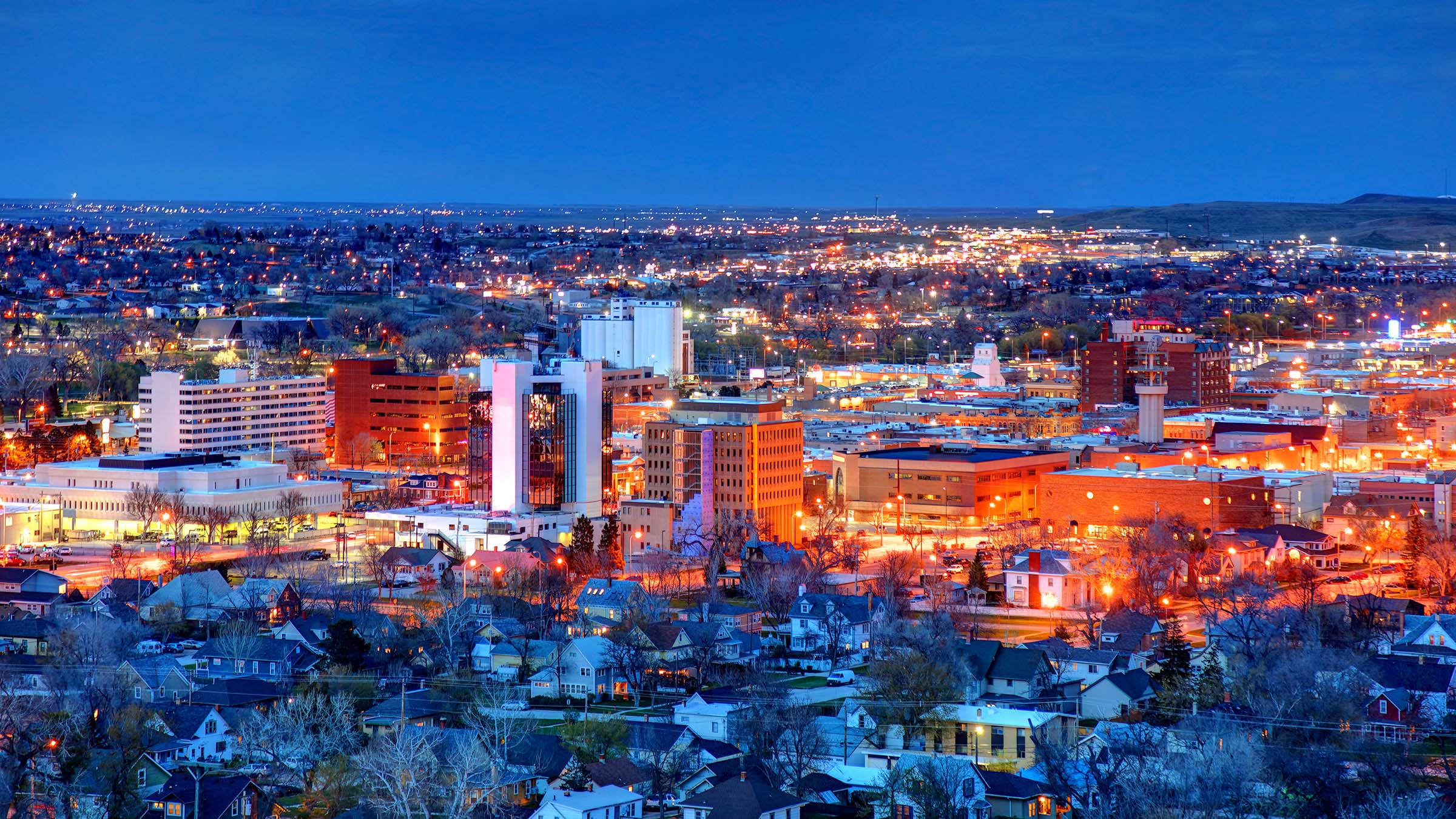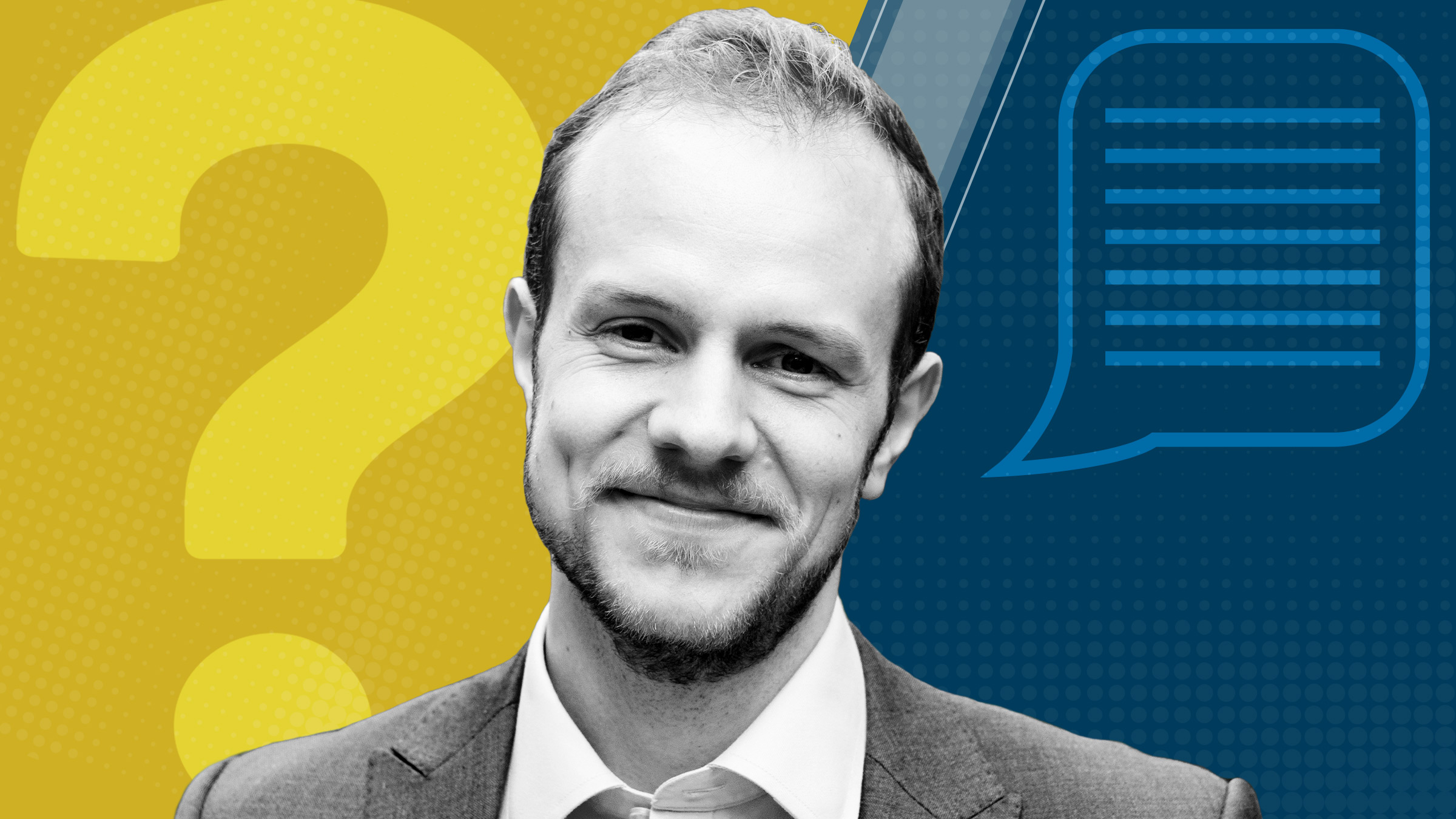After a quick overview of some features of modern economic growth, Robert Lucas took the audience on a tour of the history of economic thought, spanning from Thomas Malthus, David Ricardo and Karl Marx to modern growth theory.
Malthus is famous for his seemingly pessimistic theory that increasing production ultimately only increases population and therefore not living standards. Many an economics teacher has dismissed Malthus’ work, with its implication that population must be held in check by war, famine or state coercion, as a failure to appreciate the power of technology to expand output exponentially. But Lucas was more generous to the good parson. “I view this as a successful social science theory, in the sense of fitting all the data that Malthus had in front of him,” he said.
But Malthus failed to account for the observable role of inherited wealth. Ricardo, “the first systematic macroeconomic theorist,” as Lucas called him, created a model in which inheritance had a central role. In Ricardo’s theory, there are two classes: the landowners who own the only productive resource (land) but produce nothing and the peasants who produce everything but own no property. Landowners capture the surplus product (as rents) and pass it on to their heirs, who will accumulate wealth even if similarly unproductive. Ricardo’s theory makes vast wealth for a minority consistent with the Malthusian model, which still explains the lives of the peasant majority. The only way to improve the living standards of the peasants would be to redistribute land to them through revolution.
Ricardo’s theory was the starting point for Marx, as it was for all 19th century economists. But Marx, as a witness to the early industrial revolution, could appreciate the importance of technology. Marx’s insight was to replace peasants in the Ricardian theory with the proletariat and the landowners with capitalists, who employ technology to drive down workers’ wages and capture more of the surplus production for themselves Marx thought this would culminate at a point, Lucas said, when technological progress would halt, and a workers’ revolution would seize control of the means of production, as in Ricardo’s theory.
Lucas said Marx’s theory, like Ricardo’s and Malthus’, was a good theory at the time, even if it later proved inaccurate. But Marx was at his best when he focused on capitalists not as the owners of machines and exploiters of labor, but as a class of innovators. His mistake was using the Ricardian landlords as an analogy for a new capitalist ruling class.
So far, technological change has shown no signs of waning. Since the industrial revolution, average per capita output has grown by 2 percent annually, enough to increase wealth as much as eightfold per century. Contrary to Malthusian prediction, people in modern economies haven’t reproduced at a rate equal to economic output. Rather, they’ve learned to substitute quality of children for quantity.
This level of economic growth is unprecedented in human history, Lucas said, which is why you can’t blame Malthus for not seeing it coming. But, Lucas said, “much contemporary thinking about social policy is based on an uncritical application of 19th century ideas to situations that are very different from anything that these writers saw or imagined.”
Lucas closed with some thoughts on wealth redistribution. If economic progress were based primarily on physical resources, then Ricardo and Marx may have been right that redistribution is the way forward. But knowledge can’t be redistributed, and in a world where it is the most productive resource and taxes on wealth can distort incentives to innovate, redistribution might be counterproductive. While some might mourn “the loss of the redistributive option,” Lucas said, it’s the price we pay to live in an economy where living standards increase as rapidly as they do.
—Joe Mahon
Return to Moving the Middle Forward




